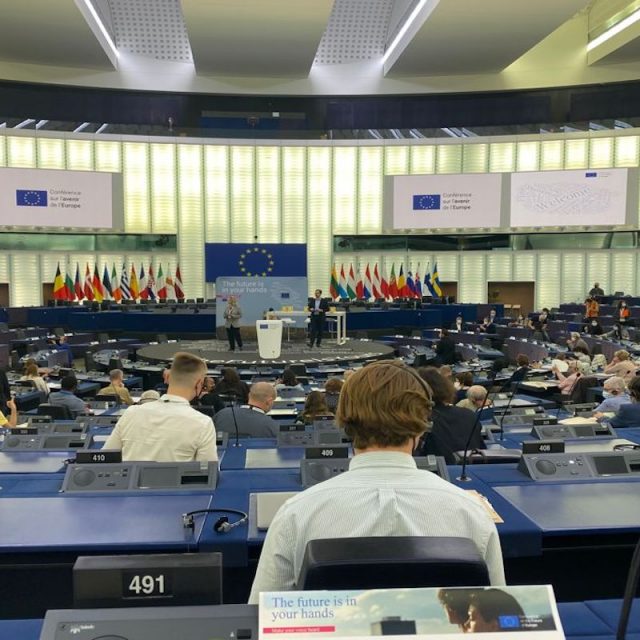Photo by Marc Obiols on Unsplash
The EU says it has put together teams of firefighters and aircraft to help European countries affected by wildfires.
This, it says, is to prepare for the increased wildfire risk during the upcoming summer months,
To quickly support local fire brigades, throughout July and August, almost 650 firefighters from 14 European countries will be strategically positioned in key high-risk locations in France, Greece, Portugal, and Spain. They will boost the number of firefighters in each country.
In addition, 22 firefighting airplanes and 4 helicopters will be stationed in 10 Member States to intervene in case of need.
Coordinated and co-financed via the EU Civil Protection Mechanism, these resources will help mitigate risks and enable a faster and more robust crisis response. These assets come on top of national capacities.
Overview of EU supported summer fleet
- France: Four medium amphibious airplanes and one helicopter.
- Greece: Four medium amphibious airplanes.
- Croatia: Two medium amphibious airplanes.
- Italy: Two medium amphibious airplanes.
- Spain: Two medium amphibious airplanes.
- Sweden: Four light planes.
- Portugal: Two light planes.
- Cyprus: Two light planes.
- Czechia: Two helicopters.
- Slovakia: One helicopter.
In addition, a further 19 ground firefighting teams, of around 30 firefighters each, and one advisory and assessment team, are ready to be mobilised by the EU in close collaboration with Member and Participating States via the Mechanism.
A dedicated wildfire support team will be established at the EU’s 24/7 Emergency Response Coordination Centre to monitor risks, analyse scientific data.
This proactive approach confirms the EU’s commitment to staying one step ahead of disasters, including those worsened by climate change, and to joining forces to protect lives, homes and the environment.
An EC spokesman said, “Wildfire prevention, preparedness and response go hand in hand to save lives, protect livelihoods and safeguard the environment. Having experienced wildfire experts, well-trained firefighters, effective information technology, and various response assets at hand makes a real difference.”
Any country in the world affected by wildfires can request assistance through the EU and the bloc then coordinates and co-finances the delivery of assistance.
It is offered voluntarily by EU Member States and ten additional UCPM Participating States (Iceland, Norway, Serbia, North Macedonia, Montenegro, Türkiye, Bosnia and Herzegovina, Albania, Moldova and Ukraine).
In addition, the EU has created the ECPP to ensure a critical number of readily available civil protection capacities, allowing for a stronger, faster, and more coherent collective response to disasters. I
This brings together resources from 27 Member States and ten UCPM Participating States, ready for deployment to disaster zones at short notice.
These resources may include firefighting teams, experts, or specialised equipment.
“The ECPP operates on voluntary contributions, which are then assessed and certified by the EU. The final decision to deploy these assets remains with the contributing countries,” added the spokesman.
“Should an emergency require additional life-saving assistance, the EU’s own strategic reserve, rescEU can step in to provide extra resources to respond to disasters affecting Europeans. It includes a fleet of firefighting aircraft, medical evacuation airplanes, a stockpile of medical items and field hospitals, and more. rescEU operates by providing grants to Member States to acquire these capacities, with the European Commission holding the final decision on their deployment.”




